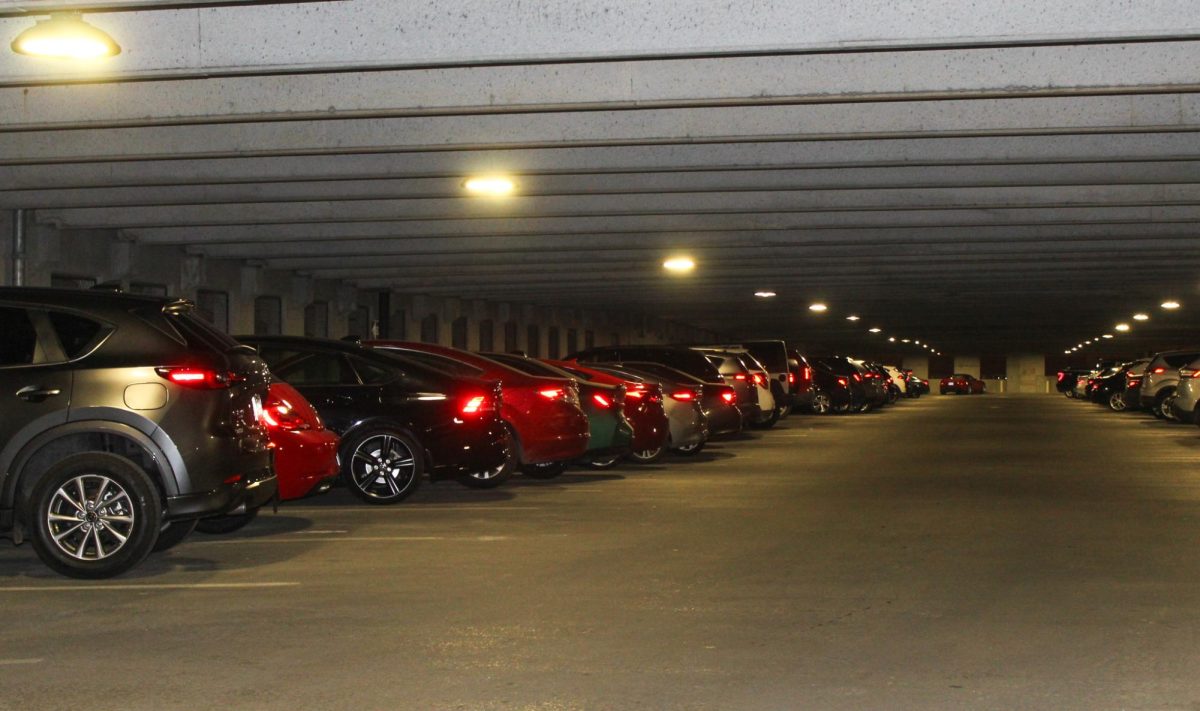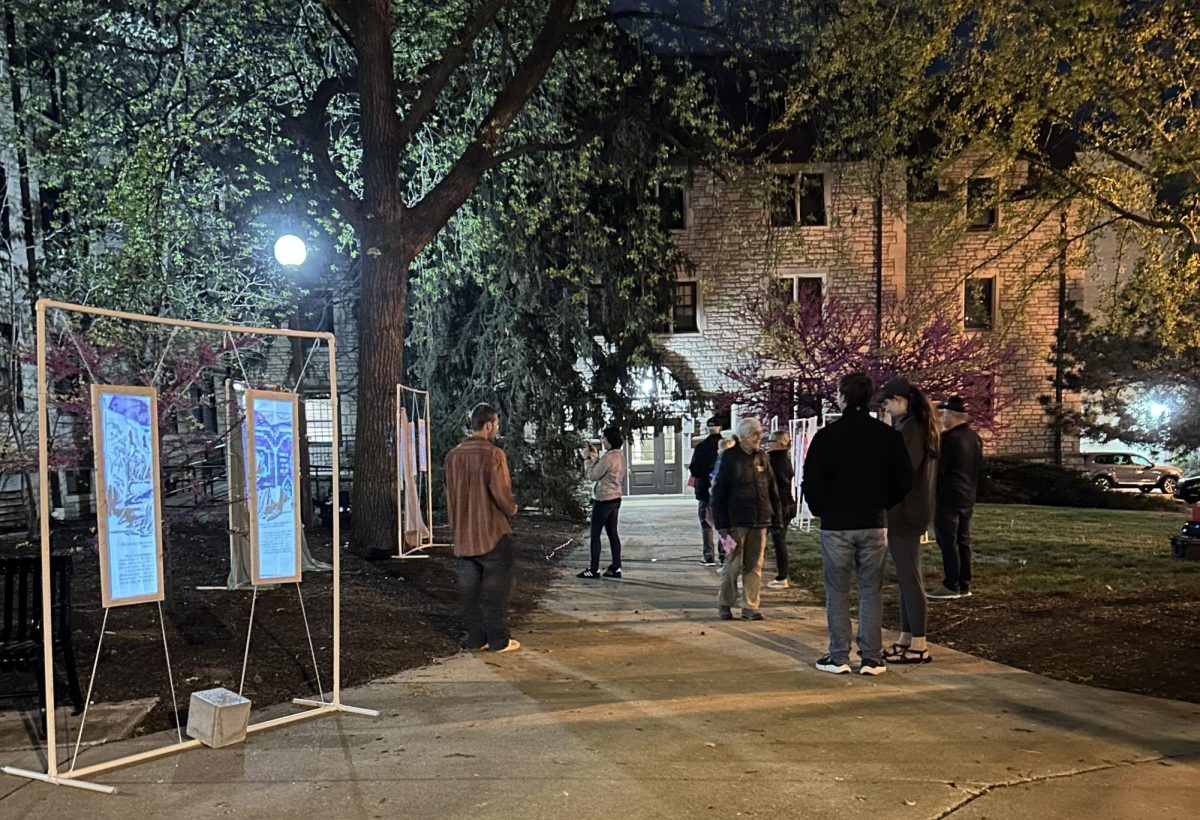“Waste Not, Want Not,” a task force that studies food waste and how to decrease it on campus, is launching a two-week campaign to raise awareness of food waste generated by campus dining halls.
The food waste task force is a Mizzou Advantage-sponsored undergraduate research team made up of students from a wide range of majors.
LuAnne Roth, assistant teaching professor of English who is working with the task force, said because creating awareness about food waste is half of the task force’s goal, the success of the campaign will be partly gauged by tracking the reach of the social media campaign.
“We want to create the positive social norm to not waste food and have students think about personal reasons why they shouldn’t waste food,” she said.
Roth said the project’s success will also be determined by measuring the plate waste generated after the campaign and comparing it to the amount of food waste generated previously.
“We have an entire semester of food waste data measuring the amount of waste produced in different categories of food,” she said. “Grains, for example, have less of an environmental impact than beef.”
Christine Costello, assistant research professor of bioengineering and a task force member, said in an email that the group conducted a three-month study in spring 2014 to examine food waste at Dobbs, Rollins, Plaza 900 and the MARK on Fifth Street dining halls.
The study found approximately 246.3 tons of food reached the retail level of the facilities during the study period. An estimated 232.4 tons were served and 13.9 tons — 10.1 tons of edible and 3.8 metric tons of inedible food, parts of food products not normally eaten such as corn cobs — were lost as pre-consumer waste.
The study also estimated that 26.4 tons — 21.2 tons of edible food and 5.3 tons of inedible — of post-consumer food waste was generated at the four dining halls over the period. Out of the food categories examined by the study, fruits and vegetables constituted the largest amount of food waste by weight.
In all, 16.4 percent of the food that reached the retail level in the study was estimated to have been lost as waste.
Campus Dining Services spokesman Michael Wuest said each year CDS sends approximately 180,000 pounds of food and compostable waste from its six kitchens to Bradford Research Center to be converted into compost.
Wuest said wasting food can create issues for both the university and dining halls themselves.
“It’s a greater financial commitment the more food you waste,” he said. “The average price of food goes up when you waste it, (and) there’s also the logistics of getting staff to compost food.”
Wuest said inspiring students to be more conscious of only taking the amount of food they will actually eat is the project’s main focus, but reducing food waste may benefit students in other ways as well.
“The biggest thing we try to influence is to have people only get what they’re going to eat and eat what they take, which can also keep prices low in the dining halls,” Wuest said.
The campaign targets Plaza 900, Rollins, Pavillion at Dobbs and the MARK dining halls. To promote the campaign, new posters and literature will appear in dining halls to remind students to be conscious of how much food waste they are producing when eating.
Roth said during the second week of the campaign, the task force will launch the hashtag #RespectZouFood, which students are encouraged to use to post photos of themselves holding a finished plate and explain how and why they avoid wasting food.
Roth said those reasons may be moral, economic or environmental, depending on the person.
Dining halls will also have a whiteboard where students can write their reasons for avoiding food waste. Roth said working with the dining halls, which have partnered with the project from the beginning, has been a very convenient way to conduct research.
“We helped with design work for the campaign, helped them plan, and we are helping to launch the social media campaign,” Wuest said. “We’ve been with them every step of the way.”
Roth said she hopes the social media campaign will extend past students and faculty to others in the community. She added that though the campaign originally came together as a research project, the task force’s other goal is education.
“We are an educational institution, and we want to teach students how to live sustainably,” she said. “Reducing food waste is second nature, and (I hope) they can take it forward into their lives.”











